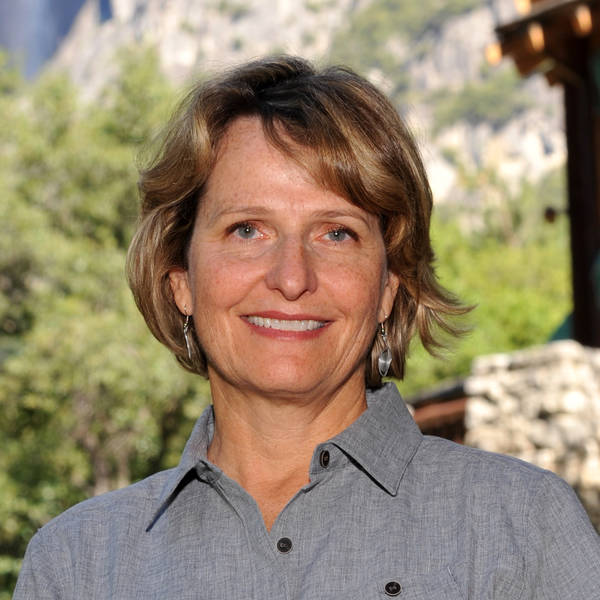In times of change, we can find solace and inspiration in the places that bring us together.
The past two weeks have been a time of transition and reflection for America in the wake of the recent presidential election. The 2016 campaign season was one of the most divisive in modern history, and it can be difficult to imagine how to work together now on the issues that matter most to us.
We are entering a time of political change. But I’ve worked in conservation and in politics long enough to have seen presidential administrations of both major political parties advance policies that have benefited our national parks. From George H.W. Bush’s acid rain program that brought eastern forests and lakes back from the brink of devastation to the first serious climate actions under the Clinton administration to working with the George W. Bush administration to provide more funding for the national parks to the record expansion of the National Park System under the Obama administration, people with vastly different political agendas have stood up for America’s parks.
Not all of the ideas that came out of these administrations were positive, of course. But the American people overwhelmingly support our national parks and want them to have clear air, clean water and healthy wildlife — and will speak out to defend our nation’s core environmental policies when they come under attack.
As a nonpartisan organization, NPCA has long believed that national parks unite us, even when political issues fragment us. Time after time, polls have shown that Americans love our national parks regardless of our political party affiliation, and we are likewise strongly united in our belief that the federal government must invest in and protect these uniquely special places.
Beyond that, national parks offer us solace and inspiration. They memorialize the best aspects of our country and celebrate who we are as Americans. They are places that tell the full stories behind our past and help us learn, from periods of joy as well as turmoil — from the waterfalls of Yosemite to the solemnity of Flight 93 Memorial. They commemorate the enduring spirit we all share and they give us hope for our future.
The new political landscape is sure to present challenges for our work. We may find ourselves on the defensive with some issues, such as safeguarding clean air and water and protecting the parks from energy development and other threats. We may also have new opportunities to build partnerships on other issues, such as infrastructure improvements that could help reduce the parks’ backlog of urgently needed repairs. It is too soon to know what we will face in the coming months and years — but I do know that we are ready to roll up our sleeves and get to work.
At the end of the day, though our country may be going through a period of change, NPCA is not. NPCA will continue to work with politicians on both sides of the aisle and will reach out to the new administration to work with us on a variety of national park issues — as we have with every presidential administration for the last 97 years.
Stay On Top of News
Our email newsletter shares the latest on parks.
We know there’s a strong will to safeguard our parks for future generations. And in my experience, there’s always a way, even in the most challenging of times. NPCA has some of the most talented and dedicated supporters and staff I have ever worked with, and I know together we will accomplish much to be proud of in the months and years ahead.
Know that I am grateful for you and for your support of America’s most iconic and inspirational places, our national parks.
About the author
-
 Theresa Pierno President and CEO
Theresa Pierno President and CEOTheresa Pierno is President and CEO of the National Parks Conservation Association. She joined NPCA in 2004 after a distinguished career in public service and natural resource protection, and has helped to solidify the organization's role as the voice of America's national parks.